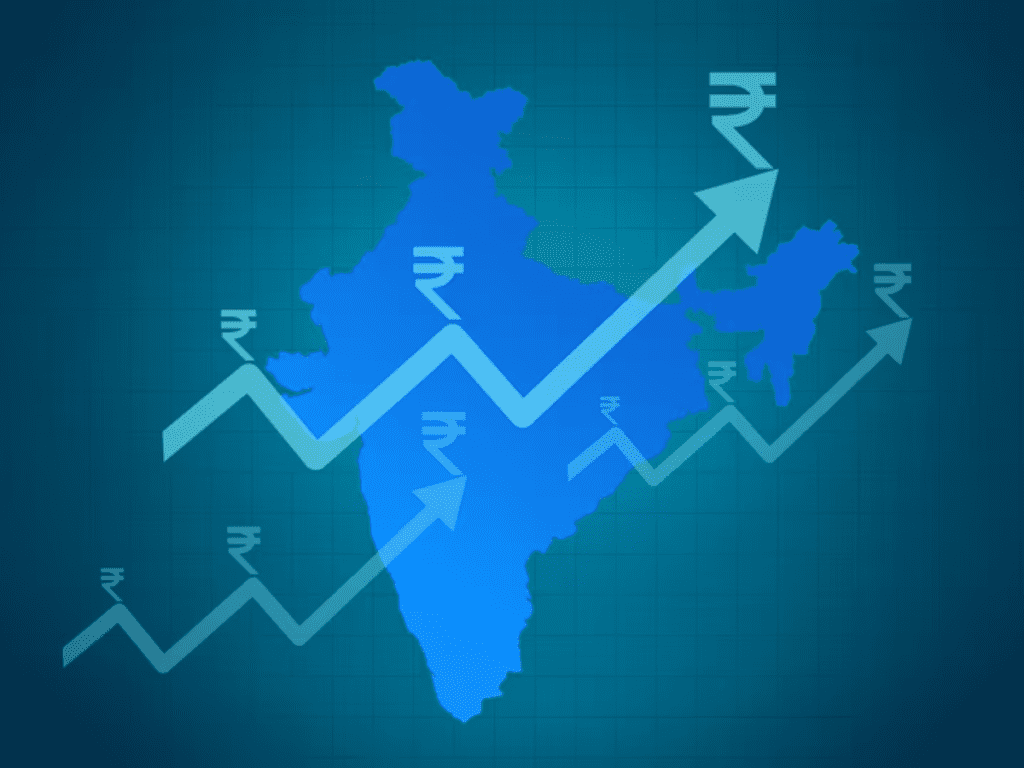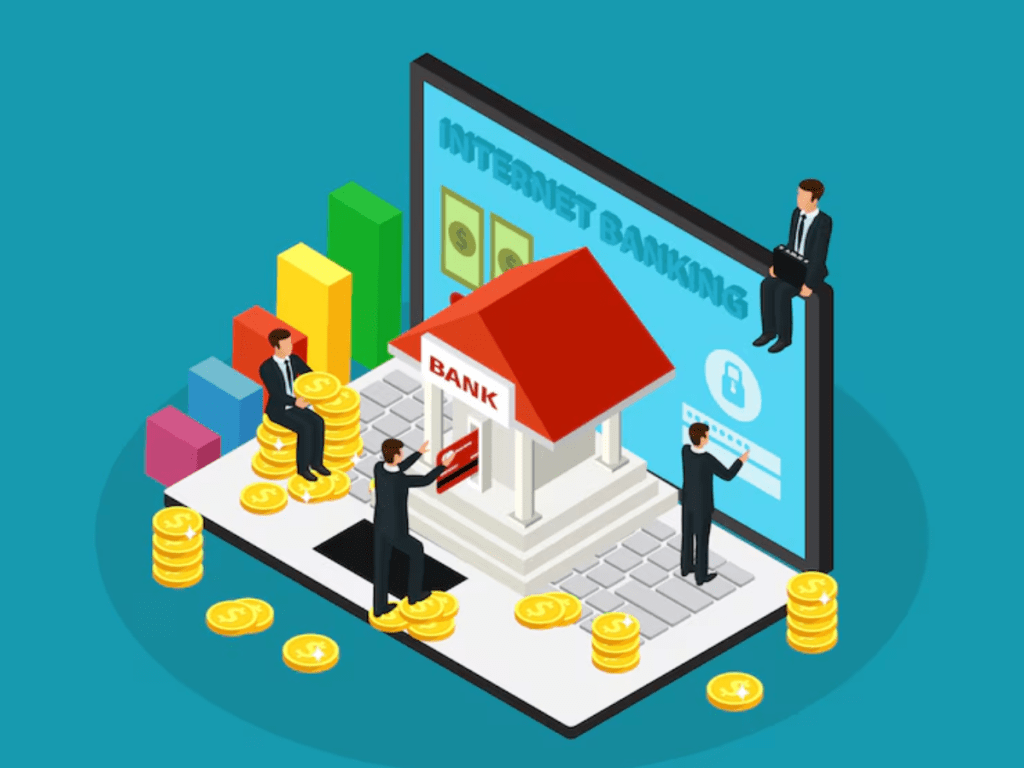Introduction
In the contemporary financial context, people facing a need for money tend to seek quick fix solutions. No-credit-check loans have developed as a seeming solution for such individuals who have a need to access funds without worrying that they will be declined a conventional loan due to a poor credit background. These no-credit-check loans, which do not involve a credit check to become eligible, guarantee quick cash with little paperwork. Though they seem appealing to those with bad or no credit, there are real concerns regarding the long-term effects on one’s financial well-being. This article will discuss the popularity of no-credit-check loans, how they operate, their possible benefits, and their risks. It will also provide answers to the most important question of whether they are safe, smart, or a money-making disaster waiting to occur.
What Are No-Credit-Check Loans?
No-credit-check loans, as the name implies, are loans that do not entail a standard credit check. In conventional lending practices, financial institutions heavily depend on credit scores and comprehensive credit histories to assess the risk involved in lending money. But no-credit-check loans skip this step, lending money to people based on other factors. This may be employment status, income level, or collateral in the form of assets such as a car or house. These types of loans are usually provided by alternative lenders, payday loan companies, or auto title loan companies.
The main selling point of no-credit-check loans is the ease and quickness of the process. People with poor credit ratings or no credit rating at all tend to find themselves excluded from mainstream loan products. No-credit-check loans offer a relief mechanism for these people to secure funds without worrying about being turned down based on their credit score. The application process for the loans is often simple, in many cases carried out online, and may at times lead to instant approval and release of funds.
The Attraction of No-Credit-Check Loans
The strongest attraction of no-credit-check loans is that they are so accessible. To many, the loan is viewed as an exit from financial difficulties when mainstream lenders have rejected them. When crisis arises, including a medical expense, car maintenance, or household repair, individuals do not necessarily have the luxury of time to wait for extensive approval procedures from mainstream banks or credit unions. No-credit-check loans provide a speedy and convenient way to address these short-term cash requirements.
For individuals with poor credit or no credit record, obtaining a loan from conventional sources can be a struggle. Conventional lenders utilize credit scores as a major gauge of the candidate’s capacity for debt repayment. If a person has a history of missed payments or a short credit history, he or she might not be able to get a personal loan, mortgage, or even a credit card. However, no-credit-check loans provide an avenue for those who would otherwise be denied access to conventional borrowing options.
These loans also appeal to people who need funds quickly. With no need for credit checks or lengthy paperwork, no-credit-check loans promise fast approval times, sometimes in as little as 24 hours or even less. This speed is particularly attractive to those facing urgent financial situations. Whether it’s an unexpected medical emergency or a broken-down vehicle that needs to be repaired, no-credit-check loans offer the promise of swift financial relief.
How Do No-Credit-Check Loans Work?
No-credit-check loans can be structured differently, but they follow a similar process. The borrower begins by applying to the lender, offering information like employment status, income, and in some instances, personal assets that could be used as collateral. Unlike regular loans, where a credit score is crucial, lenders of no-credit-check loans will usually use other factors to determine the borrower’s capacity to repay the loan.
After the application has been submitted, the lender scrutinizes the data submitted. The loan is then approved and paid out if the borrower qualifies to the lender. Such loans attract high interest, charges, and short loan durations. The lender, type of loan, and whether or not collateral is attached will determine the specific terms.
There are numerous categories of no-credit-check loans, each possessing their own characteristics. The most popular include payday loans, personal loans, and auto title loans. Payday loans are short-term lending that is usually due on the next payday for the borrower. Personal loans have a slightly longer payoff period, but they tend to have very high interest rates. Auto title loans use the borrower’s vehicle as collateral, meaning that the car title is handed over to the lender until the loan is repaid. In the event that the borrower fails to repay, the lender has the right to repossess the vehicle.
Although these loans differ from each other, one thing they all have in common is that they are meant to be paid back soon, sometimes within a matter of weeks or a month. The interest charges on these loans can be high, and if the borrower cannot pay back the loan in its entirety by the end date, they will incur extra fees and charges.
Are No-Credit-Check Loans Safe?
The safety of no-credit-check loans has been the topic of intense discussion. On one side, these loans provide a hassle-free opportunity for individuals seeking quick cash with no issues arising from traditional borrowing. Yet the danger in no-credit-check loans is huge and can make it very easy for one to develop severe money problems if properly not taken care of. There are several reasons why one can look at deciding if such loans are safe to use by customers.
High-Interest Rates and Fees
One of the greatest dangers of no-credit-check loans is the high interest rates and fees that usually come with them. Since these loans are for people who might be considered high-risk borrowers, lenders make up for the risk by charging more interest. In a few instances, the annual percentage rates (APRs) on no-credit-check loans are over 400%, particularly for payday loans.
Such high interest rates can make it difficult for borrowers to repay the loan in full. If someone borrows $100 and is charged a 400% APR, they may end up owing $500 or more by the time the loan is due. Even worse, if the borrower is unable to repay the loan, additional fees and penalties can be added to the balance, compounding the debt.
Short Repayment Terms
A second reason that no-credit-check loans are hazardous is the short term for repayment. These loans often have due dates within a few weeks, and the amounts due can be significant. For most borrowers, repaying the loan within such a short timeframe is not practical. If the borrower fails to return the loan by the time it becomes due, the borrower is likely to be compelled to roll over the loan, which can result in further charges and interest.
The interconnection of high rates and brief loan periods has the potential to give rise to debt traps for loan recipients. Borrowers will often continue to take out loans constantly to service ongoing loans, only to find themselves increasingly stuck in debt.
Risk of Predatory Lending Practices
The key issue with no-credit-check loans is that they can involve predatory lending schemes. Certain lenders take advantage of vulnerable borrowers who are in a bind and not always aware of the terms and conditions of a loan. Some of these lenders will employ unethical practices to trap borrowers, selling them loans that include concealed charges or not presenting the complete price of borrowing.
In other instances, the lenders might coerce borrowers into obtaining loans that they are not in a position to repay. These predatory lenders usually do not care much about the financial welfare of the borrower and are only concerned with making a profit, irrespective of the borrower’s fate.
Collateral Requirements
Some no-credit-check loans involve the borrower putting up collateral for the loan. In the case of auto title loans, for instance, the borrower is required to give up the title of their car as collateral. The lender will repossess the car if the borrower defaults on the loan.
Though collateral requirements limit the lenders’ risk, they enhance the risk for the borrowers. The loss of valuable property like a car or house has a destructive influence on an individual’s life, especially if the collateral is used for day-to-day affairs, such as going to work or caring for a family.
Are No-Credit-Check Loans Smart?
Whether or not no-credit-check loans are a good financial decision depends on the circumstances of the individual and his/her capacity to repay the loan. For certain individuals, no-credit-check loans can be a good option for a short-term financial issue. But for others, no-credit-check loans can become a debt trap that can create long-term financial damage.
Before taking out a no-credit-check loan, borrowers should carefully consider the costs involved. High interest rates and fees can make these loans expensive, and the short repayment terms may make it difficult to repay the loan on time. Borrowers should ask themselves whether they can afford the loan and if they will be able to repay it without falling into further debt.
Alternative Financial Solutions
Before seeking a no-credit-check loan, one should consider other avenues. More often than not, there are less expensive and more sustainable solutions. For instance, credit counseling agencies or debt management plans can be a means of resolving financial challenges without accumulating high-interest debt. One might also be able to borrow funds from friends or family or seek lower-interest loans at credit unions or mainstream banks.
Are No-Credit-Check Loans Financial Suicide?
No-credit-check loans as a form of financial suicide might sound far-fetched, but to some borrowers, such loans are truly financial disasters. The extremely high price tag, brief payoff terms, and possibility of debt cycle can transform no-credit-check loans into a risky product for those in need.
Although these loans provide immediate relief, the long-term effect is devastating. Borrowers who are not able to repay the loan might experience increased financial hardship, such as negative impact on credit score, repossessing of assets, and accumulating debt. In extreme circumstances, no-credit-check loans can contribute to bankruptcy or financial devastation.
Conclusion
No-credit-check loans offer an instant fix to financial troubles, but there are huge risks involved. High interest rates, brief repayment periods, and the possibility of predatory lending practices make these loans a risky choice for most borrowers. Prior to taking out a no-credit-check loan, people should thoroughly assess their capacity to repay and look into other financing alternatives that are more cost-effective and sustainable in the long term. Although no-credit-check loans can serve as a short-term solution, they are not a smart long-term financial move. Borrowers must meet them with reservations and explore all the alternatives they have before settling on one.

